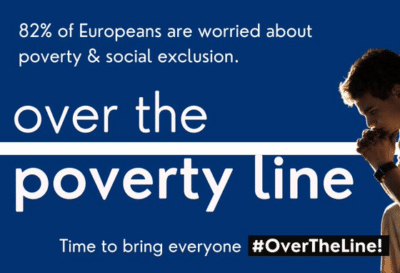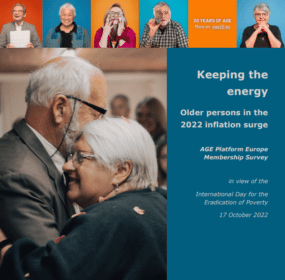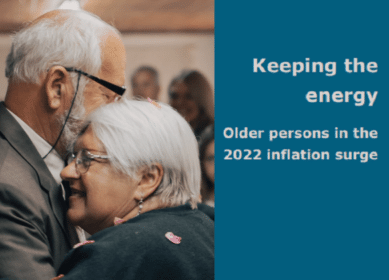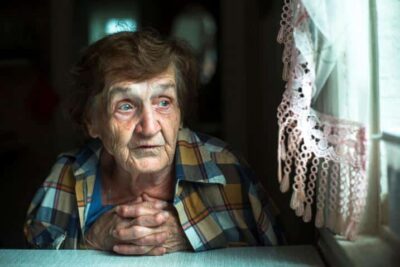Adequate Income & Social Inclusion
We advocate for fair pensions and a Europe free from old-age poverty and social exclusion.
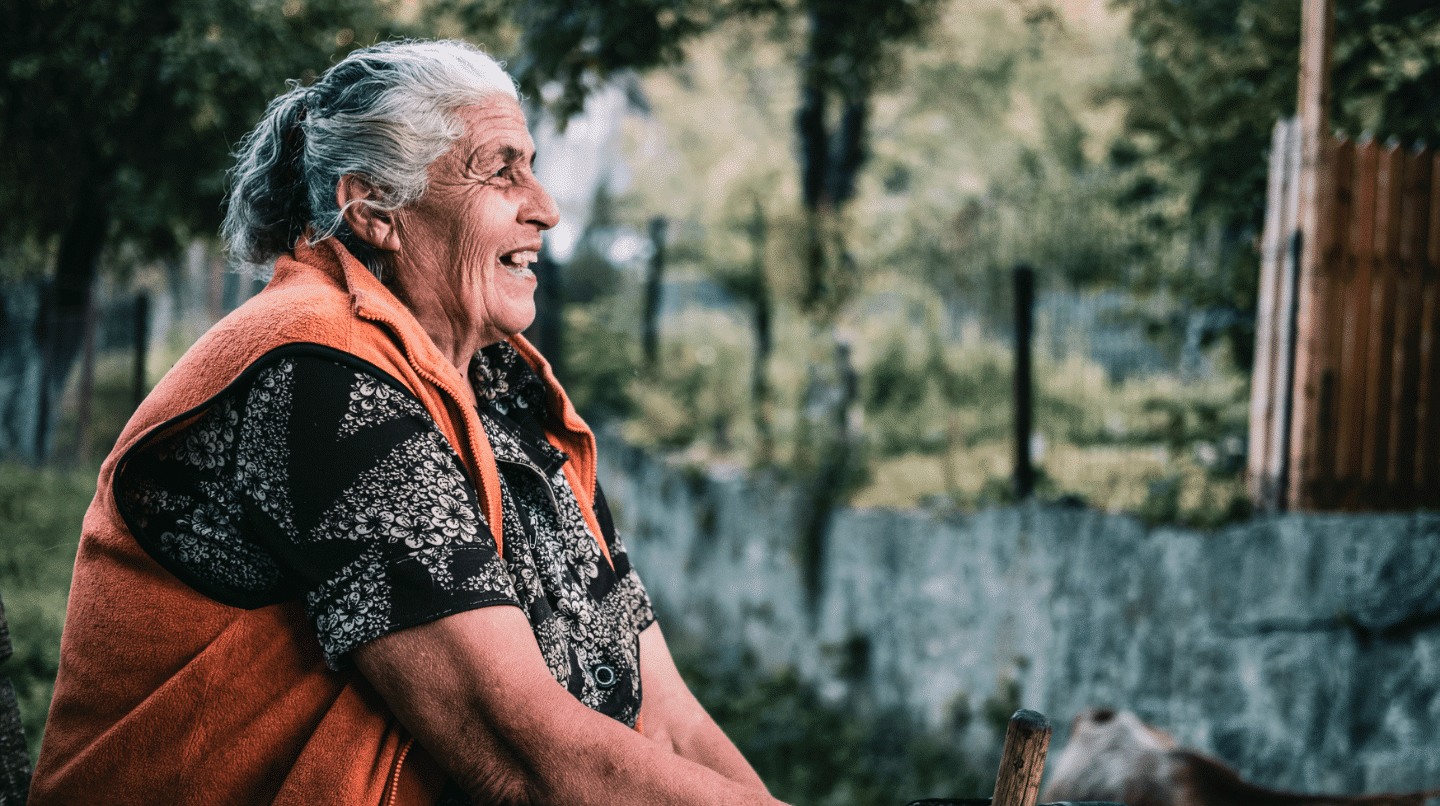
The context
Counting on an adequate income and the guarantee to live free from poverty and social exclusion are fundamental to the enjoyment of a dignified life, including for older persons. Often unable to stay in or return to the labour market, pensions are the main source of income for older people in the EU. Pension reforms have meant in many countries a devaluation of future pension rights in the last years.
The risk of poverty and exclusion among older persons increases since 2015 and particularly women over 75 are at higher risk.
Our key messages
We believe that a career full of contributions in terms of work and unpaid care, as well as universal life-risks such as disease, disability or economic downturns should entitle all persons to enjoy retirement commensurate with their contributions. We also believe in the fundamental ‘freedom from want’, meaning that the EU and Member States should put all their efforts into attaining the Sustainable Development Goal of ending poverty by 2030.
This policy area also covers the social inclusion in the larger sense, such as access to essential goods and services, the right to energy, the fight against loneliness.
We call…
- On the EU and Member States to realise the promise of ‘Ending Poverty” (Sustainable Development Goal 1) by 2030, notably through adequate minimum income schemes throughout the lifespan and adequate minimum pensions
- For pension systems to keep up with rising living costs and on governments to include older persons in their support measures when living costs surge
- For an adequate compensation of times spent outside the labour market on grounds of childcare, informal care, disability, sickness or unemployment through pension credits
- For inclusive and universal social protection systems that support persons in all situations of distress.
We work to:
- Contribute with our positions to the work of the EU and Member States on social issues, namely in the realisation of the European Pillar of Social Rights and its Action Plan, and through our voice in the European Semester process of social and economic policy coordination and the regulation of private and occupational pension products.
- Raise at United Nations’ level the issue of old-age poverty and social exclusion in the UN Open-Ended Working Group on Ageing, such as in its discussions on economic security or on social protection.
Some Figures
One in five persons aged 65 and older is at risk of poverty and social exclusion in Europe (Eurostat 2020).
The pension received by women over 65 in the EU is on average 29% lower than that of men. (Eurostat 2019)
Older women’s poverty rate is 8.5 percentage points higher than men’s (Eurostat 2020)
In 6 Member States, more than 30% of the 65+ are at risk of poverty and social exclusion (BU, LT, EE, LI, HR, RO) in 2020.
Pensioners between 65 and 74 earn 58% of what 50-59 year-olds earn on EU average (Eurostat 2020). It is lowest in Lithuania (33%) and highest in Spain (89%)
Useful links
AGE relevant position papers
Key external resources
Research & partners on social inclusion
Contact

Philippe Seidel Leroy
Policy Manager on Social Protection and European Parliament
Related news
Poverty and social exclusion among older persons, and especially among older women has been rising slowly since 2015. This is...
In November, European pensions stakeholders organised the European Retirement Week, a week of conferences and debates around pensions. As a...
17 October was the International Day for the Eradication of Poverty. To mark this day, the Social Platform – the...
Our positions
PRESS RELEASEBrussels, Belgium – 17 October 2022 International Day for the Eradication of PovertyLink to PR on Mailchimp To keep...
Related projects
What should an adequate old-age income entail to live in dignity? Learnings from France, Ireland and Poland Scope of the...
The “Think Sooner About Later” (“Pensez plus tôt à plu tard”) project aims at mapping good practices which help people...
Started in January 2013, MOPACT – Making longevity an asset for economic and social development, is a four-year European research...
Other resources
This e-book is the main output of a knowledge sharing process organised by the Joint Programming Initiative “More Years Better...
At any age, intersecting factors such as poverty, disability, social isolation and exposure to abuse can increase the risk of...
Photo from Jumbo.nl About 50 % of older persons feel lonely in the Netherlands, a fact that triggered a national...
Get involved
Together we can make a difference towards more age equality in Europe. Let’s join our forces!


